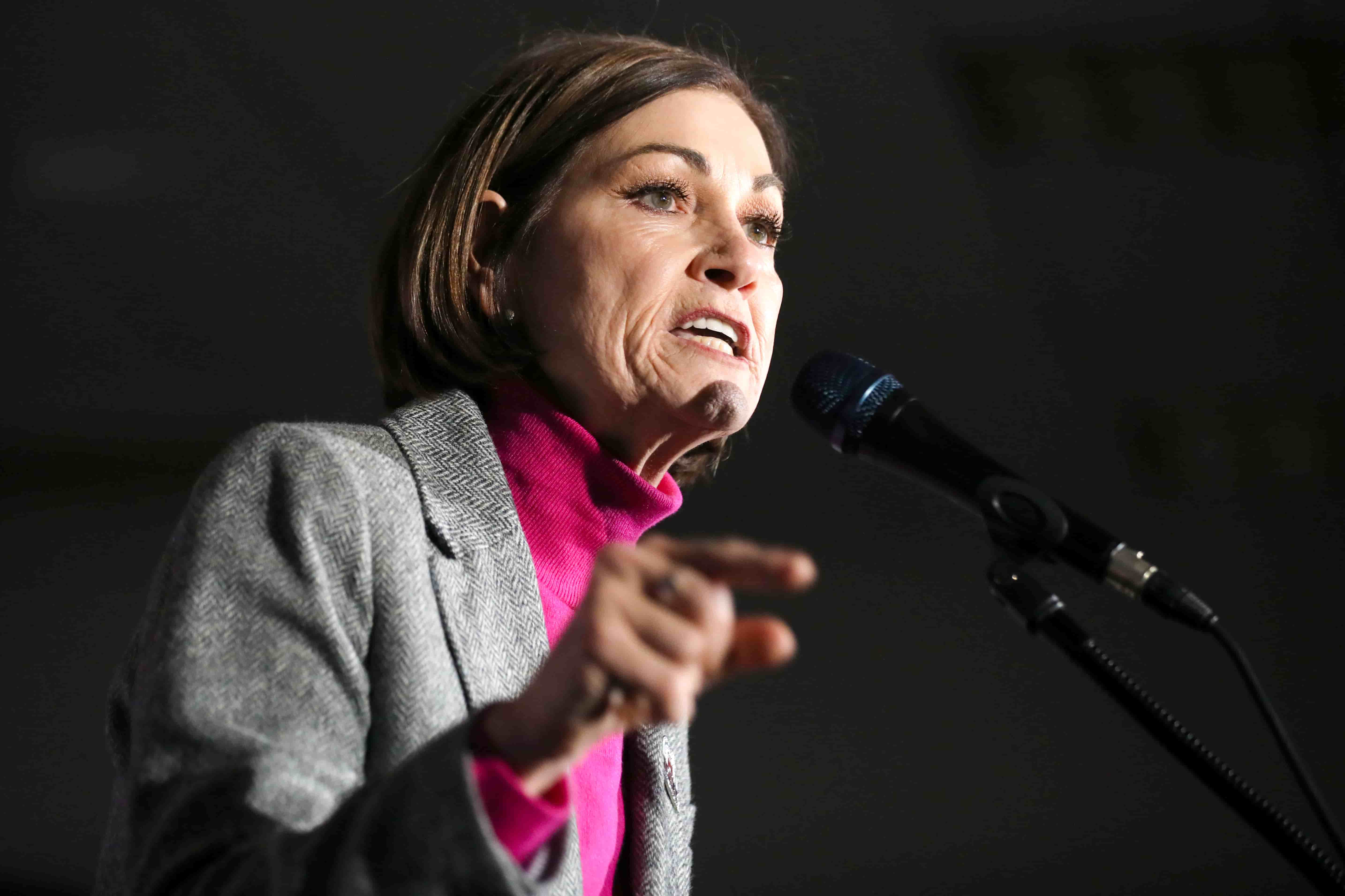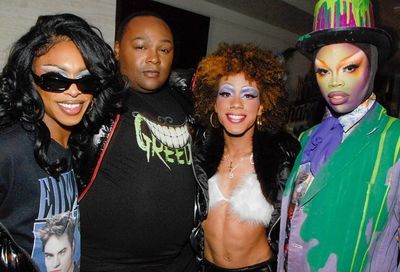Federal judge: Wisconsin trans student should be allowed to use boys’ restroom
Ash Whitaker's lawsuit over restroom access has many parallels to Gavin Grimm's ongoing fight in Virginia

A federal judge has ruled that a Wisconsin public school district must stop discriminating against a transgender student by requiring him to use a separate restroom.
U.S. District Judge Pamela Pepper issued a preliminary injunction that stops Kenosha Unified School District No. 1 from barring 17-year-old Ash Whitaker from the boys’ restroom. Whitaker is currently suing the district over its restroom policy.
“For the first time this year, I feel like I can actually make it through my senior year of high school just like any other boy in my class,” Whitaker said in a statement. “It’s awful going to school every day with the constant stress and stigma from being segregated from my peers and from administrators watching my every move just because of who I am. I’m so relieved I’ll be able to just go to class, apply to college, and graduate without worrying if I’ll get in trouble for using the restroom.”
Pepper declared that Whitaker would suffer “irreparable harm” if the school district continued barring him from the boys’ restroom. Pepper also explicitly recognized the emotional, psychological and physical harm that Whitaker endured as a result of the district’s policy, which refuses to treat transgender students according to their gender identity.
“We are thrilled for Ash, and grateful that the court recognized the urgent need to address the harm the school’s policy has caused him,” Kris Hayashi, the executive director of Transgender Law Center, which is representing Whitaker, said in a statement. “Transgender students, like all students, should have the opportunity to go to school and get an education without being singled out for harassment and discrimination by school administrators.”
As Whitaker’s case moves forward, his lawyers are expected to argue that by denying him access to the boys’ restroom, insisting on using his birth name and female pronouns, isolating him when he travels on overnight school trips, and a proposed policy to require transgender students to wear green wristbands or stickers, school administrators are violating both Title IX of the Education Amendments of 1972 and the Equal Protection Clause of the Fourteenth Amendment to the U.S. Constitution.
The school district is expected to appeal both Pepper’s ruling granting the injunction, and a decision, granted yesterday, that denied the district’s motion to dismiss the case.
But Joseph Wardenski, an attorney at the D.C.-based law firm Relman, Dane & Colfax who is part of Whitaker’s legal team, expects the 7th U.S. Circuit Court of Appeals to affirm Pepper’s decision. He expects them to rule that Title IX’s prohibitions on sex discrimination, and the Fourteenth Amendment’s guarantee of equal treatment under the law, apply to transgender students who are discriminated against because of their gender identity.
The Whitaker v. Kenosha Unified School District case has been compared to the case of G.G. v. Gloucester County School Board, in which Virginia transgender student Gavin Grimm has been barred from using the boys’ restroom by his school’s policy. Both the 4th U.S. Circuit Court of Appeals and a lower court found that Grimm should have been granted an injunction to stop Gloucester County from enforcing its restroom policy.
However, the U.S. Supreme Court issued a stay of the injunction while the justices decide whether to review the Fourth Circuit’s ruling. That ruling found that Title IX’s protections extend to transgender students based on their gender identity, and are not limited to people based on their biological sex.
Support Metro Weekly’s Journalism
These are challenging times for news organizations. And yet it’s crucial we stay active and provide vital resources and information to both our local readers and the world. So won’t you please take a moment and consider supporting Metro Weekly with a membership? For as little as $5 a month, you can help ensure Metro Weekly magazine and MetroWeekly.com remain free, viable resources as we provide the best, most diverse, culturally-resonant LGBTQ coverage in both the D.C. region and around the world. Memberships come with exclusive perks and discounts, your own personal digital delivery of each week’s magazine (and an archive), access to our Member's Lounge when it launches this fall, and exclusive members-only items like Metro Weekly Membership Mugs and Tote Bags! Check out all our membership levels here and please join us today!























